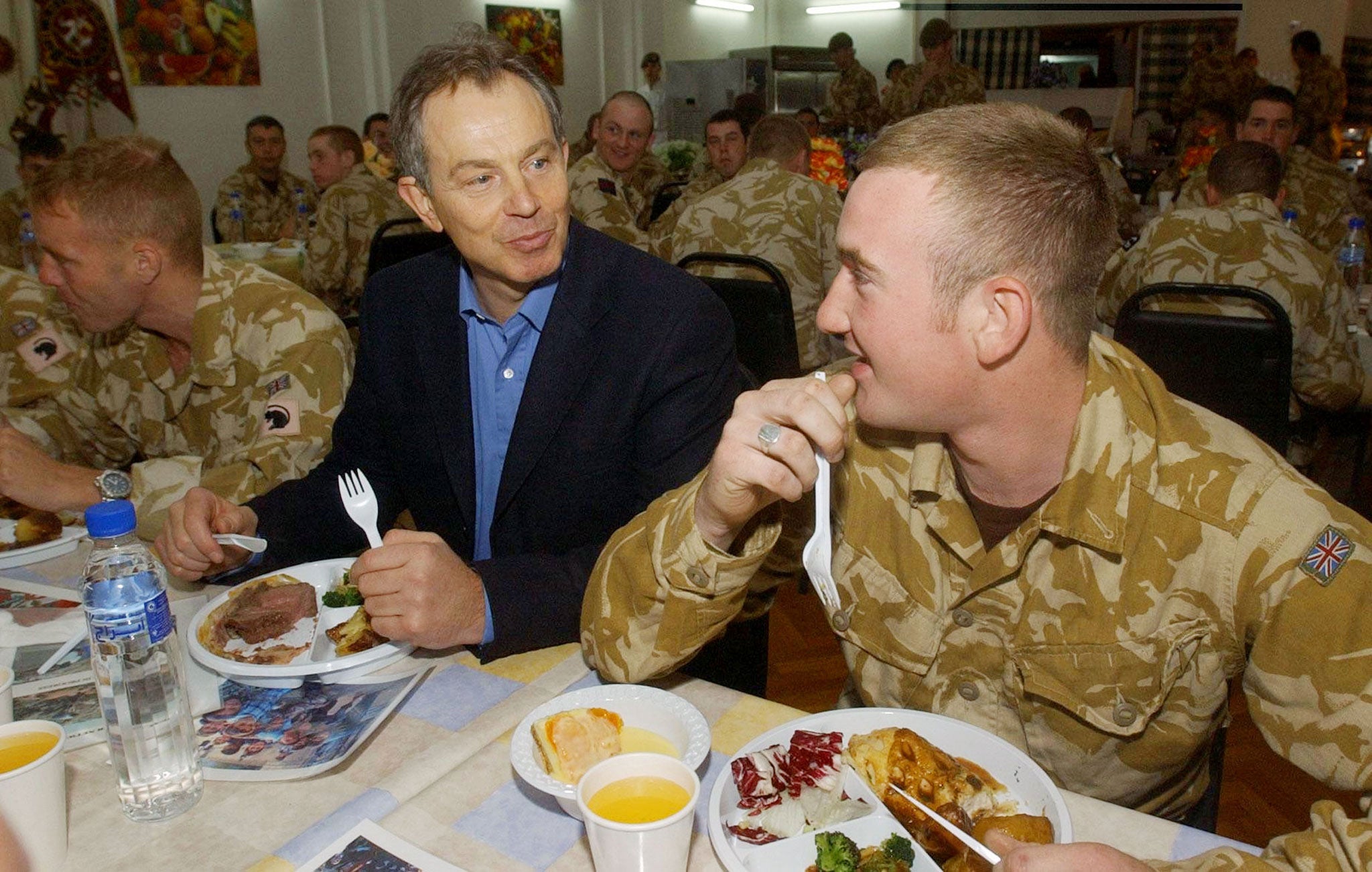Iraq: We can all change our opinion, can’t we?
MPs shouldn’t be so hard on themselves. They made a fully conscious decision to back the war on the scientific basis that it might upset their careers if they didn’t


John Prescott is the latest one. Ten years after the bombing of Iraq, he now accepts that, despite his support at the time, the invasion was a mistake, carried out because the information at the time was misleading. Whatever you think of him, you have to admire someone who owns up to an error of judgement – except it was his bloody government that did all the sodding misleading, the cheeky arse.
What he’s saying is: “How were we to know the stuff we made up was made up? Once we’d made it up, there was all the evidence written down, and you can’t argue with what’s written down. We made it look ever so convincing, you know. All typed out, not just in Biro.”
When these people claim that “if only we’d not been misled, we wouldn’t have supported the war”, we should remember how compelling the evidence seemed to be. For example, there was the uranium that Saddam had bought from Niger, as written on a document found on the internet written by a student. It’s now been revealed that the International Atomic Energy Agency told the then government that this was nonsense, but the IAEA could hardly expect to be believed over an unknown piece of writing on the web.
When the government produced this evidence, it even repeated the spelling mistakes from the original. It was probably only due to an intervention by Alastair Campbell that Tony Blair’s dossier didn’t go: “i ThinK SadDem Hoosane has got ureaniem becaus he,s a Bad Man and i saw him taKe it withowt asking nisely so I woodent go to the seeSiDe with him becaus He might blow Me up.”
It was probably due to lack of space that Campbell didn't provide evidence from someone on a Leeds United Fans Forum writing something like: “Of course he’s got weppens my mates in the SAS and hes seen them i’ll see if he can get one to fire at Man U scum lol.”
Or there was the interview with Saddam’s son-in-law, Hussein Kamal, who had been in charge of Iraq’s weapons programme before defecting to Jordan in 1995. According to Tony Blair’s speech to parliament, Kamal “disclosed to the weapons inspectors an extensive biological weapons programme”. Whereas what he actually said was: “I ordered destruction of all chemical weapons. All weapons – biological, chemical, missile, nuclear were destroyed. Nothing is left.”
It just goes to show how we all interpret things in different ways. Some of us hear the words “nothing is left” and assume they mean little is left, maybe even nothing, and others think the person is saying there is so much left that we’d be fools not to set fire to half the Middle East. Aren’t the subtleties of language fascinating?
It must be such a bureaucratic quagmire compiling a justification for war that no one would begrudge Blair making up interviews to back up his case. Maybe the first draft of the dossier included a transcript of Gardeners’ Question Time that went: “I’ve got a letter here from a Mr Hussein of Baghdad, who says his rhododendrons haven’t been flowering, and he asks whether they may have been affected by burying 15 tons of chemical weapons under them.” And a section titled “Evidence from Mr Robbie Williams” – “Through it all, we offered him an inspection, he hid everything from detection, whether I’m right or wrong he’s hiding anthrax instead.”
When politicians claim they were misled, they shouldn’t be so hard on themselves. They weren’t duped. They made a fully conscious, intelligent decision to back the war based on the scientific basis that they thought it might upset their careers if they didn’t.
The more difficult question is asked by people who did oppose it, and now wonder whether there was any point in the protests. But you have to imagine what the world would look like if the protests hadn’t happened. Bush and Blair would have felt that they could do whatever they liked, possibly bombing Iran or even Finland just to see if they could get away with it.
The other reason it was worthwhile is that everywhere Blair goes, the chaos of the war he created follows him. During his latest interview for the BBC, he answered a question about Iraq by saying angrily: “Look, we’ve been through this before.” And he’ll have to go through it again, every day forever. For him to suggest it’s time to move on and discuss his many achievements is like saying: “Instead of going over old ground, let’s talk about the positive aspects of Jimmy Savile.”
Blair’s book launch was cancelled. He’s confronted by protesters everywhere, and maybe when he’s at the dentist he’s told: “The inspection showed that your teeth are fine. But never mind what the experts say, I found something on the internet that says you need eight fillings so here we go...”
Because of the protests, the people who created that war will be remembered for little else, which is why, one by one, they distance themselves from it. And that’s worth it, because it makes it less likely that they’ll do it all again.
Twitter: @mrmarksteel
Join our commenting forum
Join thought-provoking conversations, follow other Independent readers and see their replies
Comments